| A campaign for Indigenous health rights, by Australians for Native Title and Reconciliation (ANTaR), was launched in Sydney on February 19, 2004. The Healing Hands initiative is led by a group of eminent Indigenous Australians advising ANTaR, including Patrick Dodson, Prof. Lowitja O’Donohue and Dr. Bill Jonas.
The campaign seeks to raise awareness of Indigenous health issues and improve attitudes and respect for Indigenous Australians by addressing widespread misunderstanding within the broader community about the causes of poor Indigenous health. It highlights that health is influenced by a range of factors including: housing and employment, relationships to land, rights to self-determination and to the enjoyment and protection of cultures. The campaign aims to:
At the national launch, Mr Dodson called for Australia ‘to find a way to reach its full potential free of division and inequality. It is only through a commitment to justice that these divisions can be healed.’ He went on to explain ‘this is a shared responsibility between Indigenous people, governments and the wider Australian public. . Today we are calling for genuine dialogue leading to a comprehensive agreement on how to resolve these issues.’ For further information or to obtain an Indigenous Health Campaign Kit see the Australians for Native Title and Reconciliation (ANTaR) website. |
||
Category: Vol 4 No 1 January 2004 – March 2004
Healthway appoints first Indigenous board member
Healthway (the Western Australian Health Promotion Foundation) provides grants to health and research organisations as well as sponsorships to sport, arts, racing and community groups which encourage healthy lifestyles and advance health promotion programs. Ms Carol Innes is the first Indigenous person to hold a Healthway Board position. She previously served on Healthway’s Arts Advisory Committee and was nominated by Arts Voice, an arts advocacy organisation. Her election follows the retirement of performing arts industry leader Leith Taylor, who served two three-year terms as a Healthway Board member.
Ms Innes assumed the role of Project Officer (Aboriginal Arts) with ArtsWA eight years ago, during which time her career has focused on arts administration. Prior to 1995 she was involved in management, advocacy and education roles in Indigenous and government organisations.
Ms Innes has expressed how pleased and excited she is to have the opportunity to work with Healthway on its various program areas, including health, sport, arts and racing. She stated that she ‘would like to see more Indigenous groups applying for Healthway grants and sponsorships across all program areas’. She anticipates that this could be achieved with a more targeted approach that considers new ways to promote what Healthway has to offer to Indigenous communities through marketing, community visits or other program initiatives. Highlighting Healthway’s achievements in the Indigenous arts area, she sees a need to encourage further collaboration between the Indigenous and the non-Indigenous arts communities.
Healthway’s Executive Director, Neil Guard, said that through the Arts Advisory Committee Ms Innes has already made an extremely positive contribution to expanding the involvement of Indigenous groups in the arts sponsorship program. As she is well known and respected by the Indigenous community throughout Western Australia, Ms Innes’ presence on Healthway’s Board should generate a higher level of interest and help forge new partnerships with Indigenous groups.


